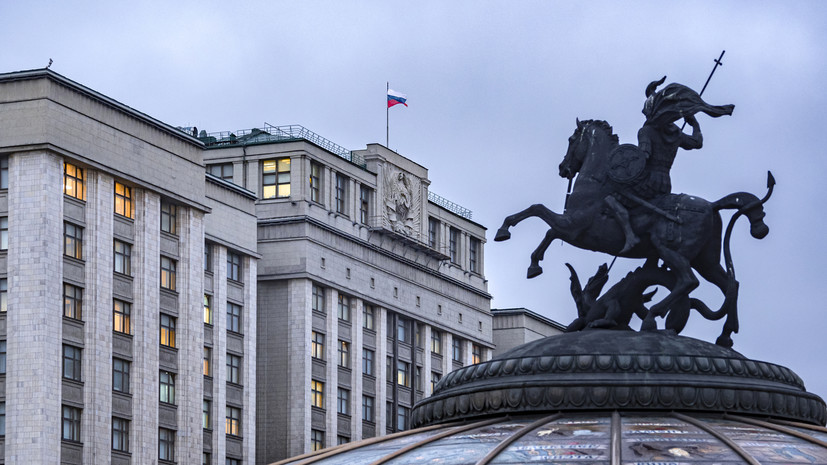According to the deputy, the EU authorities have never been satisfied with what RT, Sputnik, as well as any others, including Western news agencies, who convey an alternative point of view that differs from the official one, are broadcasting.
The parliamentarian also recalled the French journalist Anne-Laure Bonnel, who lost her job and began to receive threats after a film about Donbass.
“This suggests that there is no freedom of speech, there is no democracy,” Chepa said.
In his opinion, such statements by Borrell are "simply cynical."
Earlier, Borrell said that the European authorities, by banning the work of the Russian media, do not attack freedom of speech, but "protect it."
The official representative of the Russian Foreign Ministry, Maria Zakharova, also commented on his statement, noting that earlier such actions were regarded as "manifestations of liberal dictatorship", but in Borrell's statements they "played with new colors with shades of inadequacy."
On December 16, the Council of the EU earlier initiated the process of suspending the broadcasting licenses of the Russian TV channels NTV, REN TV, Rossiya 1 and Channel One.
In addition, the EU, as part of the ninth package of restrictions, imposed sanctions on the autonomous non-profit organization TV-Novosti.

